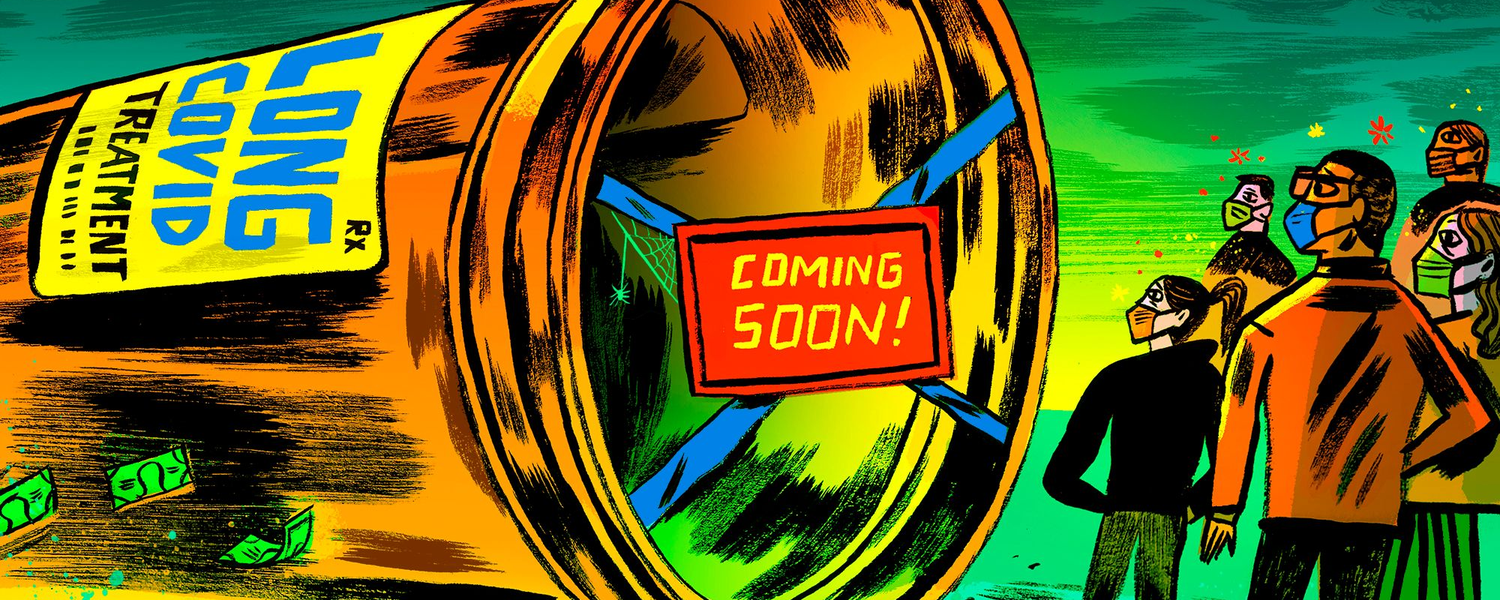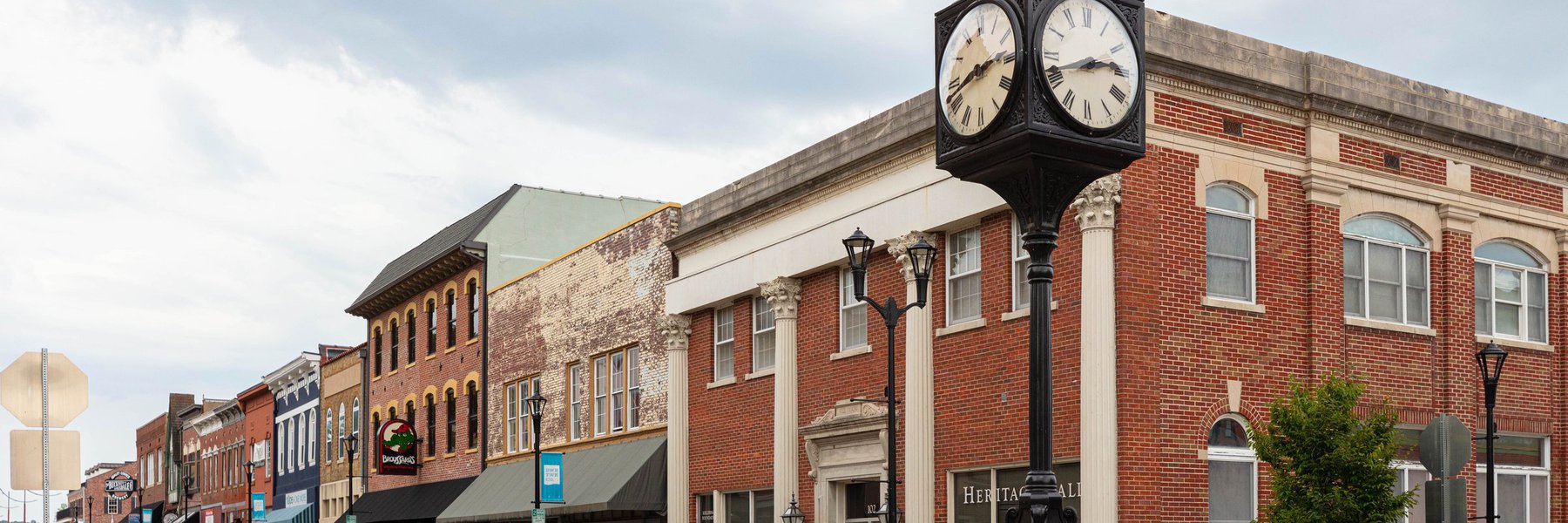Despite lacking legal authority to do so, localities and agencies around the United States are still pointing to the COVID-19 pandemic as a reason for delaying responses to public records requests, sometimes indefinitely.
When the country began to enter lockdown in March, multiple states issued emergency declarations specifically altering the response deadlines for public records requests. With many cities on state-ordered work-from-home directives throughout the spring, agencies regularly claimed that requests would take a bit longer to resolve, given the limited staffing and access to in-office materials. Requesters and records offices generally seemed willing to practice patience and understanding in the face of the “unprecedented circumstances” the world found itself in.
Now, though, it has been more than seven months since President Trump announced a nationwide state of emergency. Many states have reopened their stores, schools, and other community staples and many state orders affecting freedom of information laws have expired or been altered.
But despite the “new normal,” many municipalities have not returned their records offices to regular operations, using limited staffing as an excuse for delaying requests and failing to acknowledge requests even when recent state guidance reminds them that they must.
In Hawaii, Gov. David Ige became among the first state leaders to suspend public records deadlines. That directive, which has now been extended through the end of November, received a May 5 supplement clarifying that even with the existing extensions, agencies are required to acknowledge records requests.
Despite the suspension of the UIPA’s deadlines, Exhibit F of SP 13 clearly states that “[a]gencies must acknowledge receipt of UIPA requests. If a request is not acknowledged, the requester may ask the Office of Information Practices to verify that the agency received the UIPA Request.” (Emphasis added.) OIP may open a Request for Assistance (RFA) case to verify agency receipt of a record request, but requesters should still be aware that OIP does not maintain the records of other agencies and all deadlines for OIP and agencies have been suspended by SP13 Exhibit F. Therefore, requesters still may not receive the government records they are seeking from the agencies until a later date, unless they exercise their right to file court actions.
Agencies like the Honolulu Police Department, though, have failed to acknowledge records requests, including those from MuckRock dating back to the beginning of the summer. Multiple calls to the agency have failed to compel any response.
In Maryland, too, agencies have been failing to acknowledge requests. According to the state’s Public Information Act Ombudsman ignoring a request, even during the pandemic, could still violate the state’s records law if the office didn’t avail itself of the Governor’s COVID-19 procedures for postponing administrative deadlines.
With no administrative appeal option in Maryland, requesters who get no response would be within their rights to take the matter to court. The same is true in California, where the Public Records Act also fails to contain an appeal option. San Leandro is just one of the towns that announced in March it would be suspending all non-essential government services. That order still stands and still includes the office responsible for CPRA requests.
Virginia’s Attorney General Mark Herring recently needed to reiterate that the standard set for state residents has been in place long before the pandemic hit U.S. shores is still active. In an opinion issued earlier this month, Herring wrote, “time limits for responding to requests for records in VFOIA remain in place and must be complied with even during the current emergency.”
The AG issued the opinion at the request of Virginia State Delegate Sally Hudson, local news, and the Virginia Coalition for Open Government after the government of Albemarle County issued an ordinance to extend FOIA deadlines indefinitely.
In Pennsylvania, though most agencies are back to normal Right To Know procedures, according to the state’s Office of Open Records, actual processing is still being handled on an agency-by-agency basis. The Philadelphia Police Department has only sporadically been acknowledging requests, and multiple phone calls to the department have received statements about the office’s need to focus on other issues ahead of RTK requests, which will get attention as soon as possible.
In Texas, the AG made an update early on about the way that business days are calculated:
In order to provide additional clarification regarding the calculation of business days during the state response to the coronavirus, governmental bodies should consider the following guidelines when calculating business days: Holidays observed by the governmental body are not business days. Weekends are not business days. Skeleton crew days are not business days. A day on which a governmental body’s administrative offices are closed is not a business day. If a governmental body has closed its physical offices for purposes of a public health or epidemic response or if a governmental body is unable to access its records on a calendar day, then such day is not a business day, even if staff continues to work remotely or staff is present but involved directly in the public health or epidemic response.
Agencies are still expected to acknowledge requests, but those operating with skeleton crews don’t have to count days with limited staff as part of the timeframe for records responses. This has meant that agencies, like the Dallas Police Department, which has been operating with a “skeleton crew” are under no obligation to respond in the regular amount of time, and the clock won’t start until a full staff is back in the office.
“Each agency in Colorado state government and local government is responsible for implementing their own policies to comply with the Colorado Open Records Act,” Lawrence Pacheco, director of communications for the Colorado Department of Law, told us earlier this year. His department is one of many Attorneys General that have issued open meetings but not public record guidance so far. “CORA deadlines have not changed as a result of the covid-19 pandemic.”
This article was updated to reflect additional information provided by the Office of the Maryland PIA Ombudsman.
Image via City of Dallas




